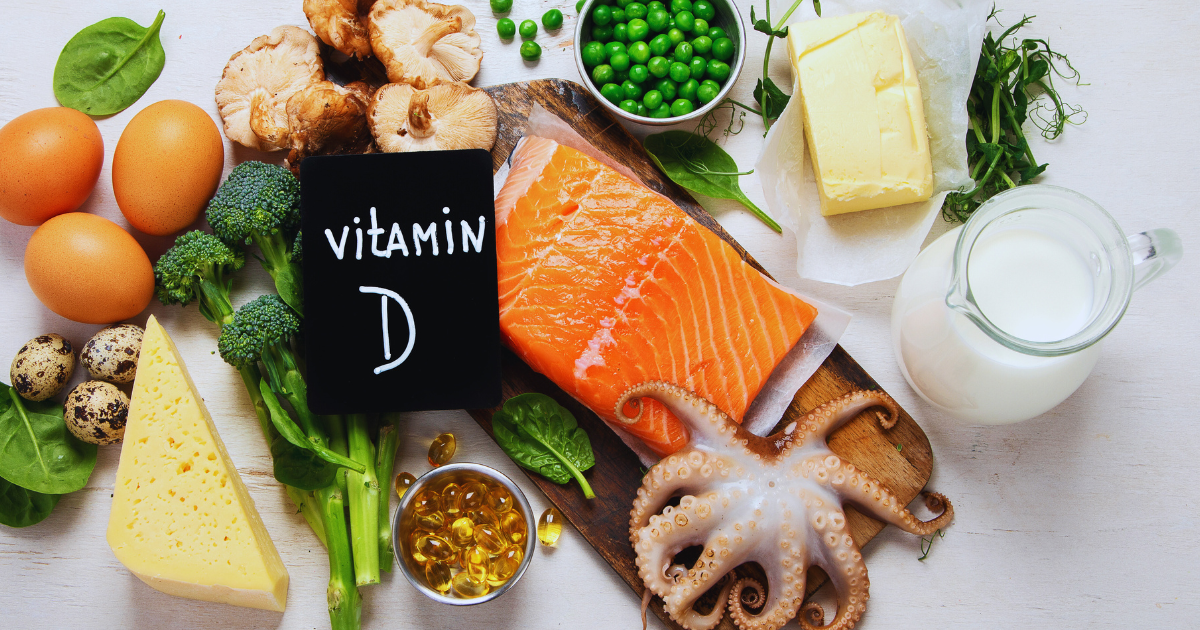Gout, a type of arthritis known for its sudden and severe pain, is closely linked to elevated uric acid levels in the body. For millions of people, managing gout means understanding the intricate relationship between uric acid and dietary habits. This blog dives deep into the science of uric acid, explores how it impacts gout, and provides actionable dietary and lifestyle recommendations to help prevent flare-ups and manage symptoms effectively.
What is Uric Acid?
This is a byproduct of purine metabolism. Purines are naturally occurring compounds found in certain foods and body tissues. Normally, uric acid dissolves in the blood, passes through the kidneys, and exits the body through urine. However, when there’s an overproduction of uric acid or inefficient elimination, it can accumulate in the blood, a condition known as hyperuricemia.
Excess uric acid can crystallize in the joints, leading to inflammation, swelling, and intense pain characteristic of gout attacks. The most commonly affected area is the joint at the base of the big toe, though other joints can also be impacted.
Recognizing the Symptoms of Gout
- Sudden and Intense Pain: Gout attacks often begin at night and can last for days.
- Redness and Swelling: The affected joint becomes inflamed and tender to touch.
- Reduced Mobility: Severe pain may limit movement in the affected area.
- Chronic Symptoms: If untreated, gout can cause persistent joint discomfort and deformity.
The Role of Diet in Managing Levels
A well-planned diet can significantly influence uric acid levels, preventing hyperuricemia and reducing the frequency of gout flare-ups. While medications are often necessary for advanced cases, dietary adjustments are a cornerstone of gout management.
Foods to Avoid: High-Purine Culprits
- Organ Meats: Liver, kidneys, and sweetbreads contain high purine levels.
- Seafood: Anchovies, sardines, mackerel, and shellfish are purine-rich.
- Red Meat: Beef, lamb, and pork should be consumed in moderation.
- Alcohol: Beer and spirits interfere with uric acid elimination.
- Sugary Beverages: Fructose-heavy drinks increase uric acid production.
Gout-Friendly Foods: What to Embrace
- Cherries and Berries: High in antioxidants and known to lower uric acid.
- Low-Fat Dairy: Milk and yogurt help reduce uric acid levels.
- Whole Grains: Brown rice, oats, and quinoa offer complex carbs without excessive purines.
- Leafy Greens: Spinach, kale, and broccoli provide essential nutrients without increasing uric acid.
- Hydration: Drinking water promotes uric acid excretion through urine.
Sample Gout Diet Plan
- Breakfast: Whole-grain toast with avocado and a side of low-fat yogurt.
- Snack: A handful of cherries or walnuts.
- Lunch: Grilled chicken salad with a lemon vinaigrette.
- Dinner: Baked salmon with steamed broccoli and brown rice.
- Dessert: Greek yogurt with honey and fresh berries.
The Importance of Hydration
Adequate water intake is essential for gout management. Water helps dilute uric acid levels and supports kidney function, ensuring efficient elimination of excess uric acid. Aim for 8–10 glasses of water daily, and incorporate herbal teas or infused water for variety.
Lifestyle Changes to Complement a Gout Diet
1. Regular Exercise
Low-impact activities like swimming and walking can improve joint health and aid weight management, which reduces stress on joints.
2. Maintain a Healthy Weight
Excess body weight is a major risk factor for gout. Losing even a small amount of weight can reduce this levels and improve symptoms.
3. Stress Management
Chronic stress can exacerbate inflammation. Mindfulness practices like yoga and meditation are effective for managing stress and promoting overall well-being.
4. Adequate Sleep
Sleep allows the body to repair itself, reducing inflammation and supporting metabolic balance.
Empowering Patients with Knowledge
Education is a powerful tool for gout patients and their families. Understanding the triggers, symptoms, and management strategies helps create a proactive approach to the condition. Encouraging open communication with healthcare providers ensures tailored treatment that aligns with individual needs.
FAQs
1. What is uric acid, and how does it affect the body?
Affect a waste product formed during the breakdown of purines found in certain foods and body tissues. High uric acid levels can lead to gout, where sharp crystals form in the joints, causing pain and inflammation.
2. What are common symptoms of gout caused by high uric acid?
Symptoms include sudden and severe joint pain, redness, swelling, and warmth around the affected joint, most commonly in the big toe.
3. Can a gout-friendly diet prevent flare-ups?
Yes, a gout-friendly diet that limits high-purine foods like red meat, shellfish, and alcohol can significantly reduce the levels and prevent gout attacks.
4. Are there foods that help reduce uric acid naturally?
Yes, foods like cherries, low-fat dairy, whole grains, and omega-3-rich fish are known to lower uric acid levels and support joint health.
5. How does hydration help in managing gout?
Drinking water helps flush out excess uric acid through urine, reducing its concentration in the blood and preventing crystal formation in the joints.
6. Are there any home remedies for managing gout?
Home remedies include applying cold compresses to reduce swelling, consuming cherry juice for its anti-inflammatory properties, and taking Epsom salt baths for pain relief.
7. Can lifestyle changes help with gout management?
Absolutely! Regular exercise, maintaining a healthy weight, reducing stress, and getting adequate sleep all contribute to better gout management and reduced flare-ups.
8. Is gout hereditary?
Yes, a family history of gout or high uric acid levels can increase the risk of developing the condition, although dietary and lifestyle factors also play a significant role.
9. What is the best way to diagnose gout?
A rheumatologist may recommend blood tests to check uric acid levels, joint fluid analysis to detect crystals, or imaging tests like X-rays and ultrasounds to diagnose gout.
10. When should I see a doctor for gout?
You should consult a doctor if you experience persistent joint pain, swelling, or recurrent gout attacks. Untreated gout can lead to joint damage and other complications.
Raising Awareness
Gout is more than just an occasional bout of joint pain it’s a chronic condition with the potential for significant complications if left untreated. By sharing knowledge about uric acid, diet, and lifestyle modifications, we can help individuals take charge of their health and lead fulfilling lives.
For expert guidance, consider consulting specialists like Dr. Dhaiwat Shukla, a renowned rheumatologist in Ahmedabad, to develop a comprehensive management plan for gout and other related conditions.





